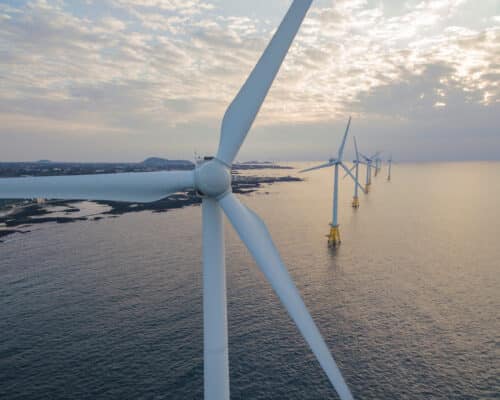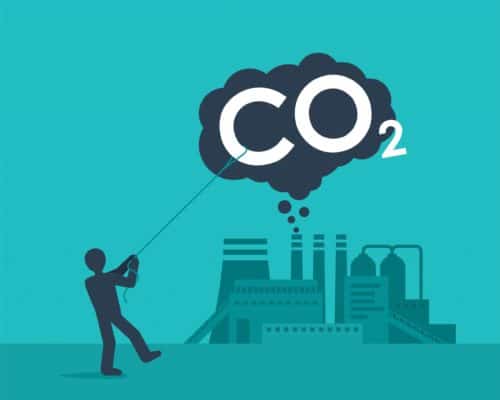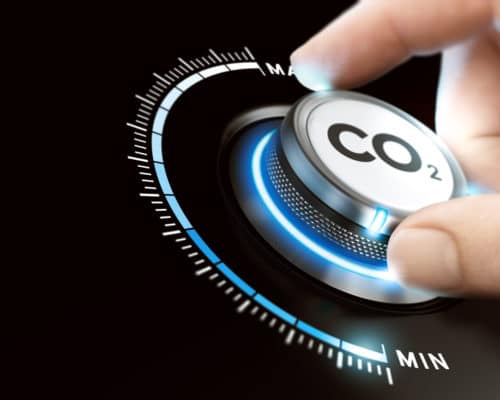Renewable Energy
The Renewable Energy Policy in Vietnam Risks Deterring Investors
Maintaining a healthy ongoing dialogue with clean energy investors and project developers is critical if Vietnam is to get back on track and continue stunning the world with its renewable energy progress.

South Korea’s Energy Mix and Its 10th Basic Energy Plan
South Korea's decarbonisation progress so far makes hitting its 2030 and 2050 targets unrealistic. In its current form, the 10th Basic Energy Plan that will come into force this year is unlikely to change that. The country needs more ambitious renewable energy targets, a sentiment also echoed by South Korea's biggest businesses.
Malaysia’s Energy Transition: Challenges and Opportunities
Malaysia has great potential for clean energy alternatives like solar and hydropower. On paper, its energy transition is already mapped out. The question is whether it will follow this path or lock itself into a future of fossil fuel energy dependence.
Green Transportation in South Korea – a Key Enabler for the Net-Zero Revolution
South Korea is facing an uphill battle to make notable progress towards clean energy in line with the Paris Agreement commitments. Green transportation appears to be one of the most powerful tools in the government's arsenal. The opportunities in the industry are huge, while the challenges are solvable.
Wind Energy in Malaysia – Potential for Growth
Malaysia has limited capacity for wind energy due to geographic and climate factors. As a result, the country's renewable energy programs primarily focus on solar and hydropower. However, wind energy can be useful in select regions with higher than average wind energy capacity.

Battery Energy Storage Systems Development – ASEAN Members Fall Behind
Battery energy storage systems (BESS) are becoming an integral part of the global push to develop renewable energy sources to rein in carbon emissions from fossil fuel-based power projects. However, the Association of Southeast Asian Nations (ASEAN) bloc is falling behind in technology implementation due to a lack of awareness and policy initiatives.
Solar Energy in the Philippines – Current State and Future
The Philippines has been steadily investing in building out its solar energy capacity. The country's high levels of solar irradiation and large density of islands make solar a great choice. Hopefully, the Philippines can be a leader for the region and provide an example to neighbouring countries regarding the implementation of wide-scale renewable energy.
Hydropower in the Philippines – Role and Future
The Philippines aims to generate 35% of its energy from renewable sources by 2030. This plan will increase hydropower capacity by over 160% through incentivising local and foreign investment. The Department of Energy has already approved 450 new hydropower facilities in recent years, and we expect this trend to continue into the coming decades.
Types of Hydrogen: Grey, Blue and Green
There are three main types of hydrogen that are categorised based on the production method and type of energy input.

Top 10 Carbon Capture Companies in 2024
The carbon capture market is growing. This demand is being met by a variety of companies, ranging from startups to established fossil fuel giants. This trend will likely continue as the technology becomes more efficient and adoption continues to increase.

Carbon Capture Technology And How It Works
Carbon capture technology has come a long way over the past several decades, but it is still in the early stages of adoption. As a result, there are only three main types of carbon capture being used, with several new technologies currently in development. As carbon capture becomes more efficient, it will have a growing role to play in the world's low-carbon future.
Wind Energy in the Philippines – Present and Future
The Philippines has significant onshore and offshore wind potential, but it has remained largely untapped. However, with its renewable energy goals, a growing number of wind farms are appearing across the country. This includes the largest wind energy facility in Southeast Asia.

3 Top Carbon Capture Stocks in 2024
Publicly traded carbon capture companies range from startups to established fossil fuel majors. The industry is still fairly young, but market predictions show that carbon capture technology will grow significantly over the next several decades. For investors, this provides the opportunity to support the energy transition while investing in a possibly lucrative industry.

Southeast Asia Economy: Waiting for Green Investments
A new report by Bain & Company, GenZero, Standard Chartered and Temasek emphasises the necessity of significant investments to bolster the green energy shift in Southeast Asia. It highlights the inadequate current actions towards this transition and notes the challenge of meeting decarbonisation objectives amid rising energy needs in the region.
Most Popular
Categories
-
10
-
34
-
126
-
4
-
17
-
46
-
52
-
11
-
10
-
15
-
24
-
6
-
1
-
5
-
6
-
283
-
200
-
17
-
24
-
1
-
1
-
23
-
41
-
44
-
88
-
18
-
86
-
41
-
17
-
11
-
43
-
54
-
86
-
299
-
22
-
44
-
36
-
11
-
42
-
36

